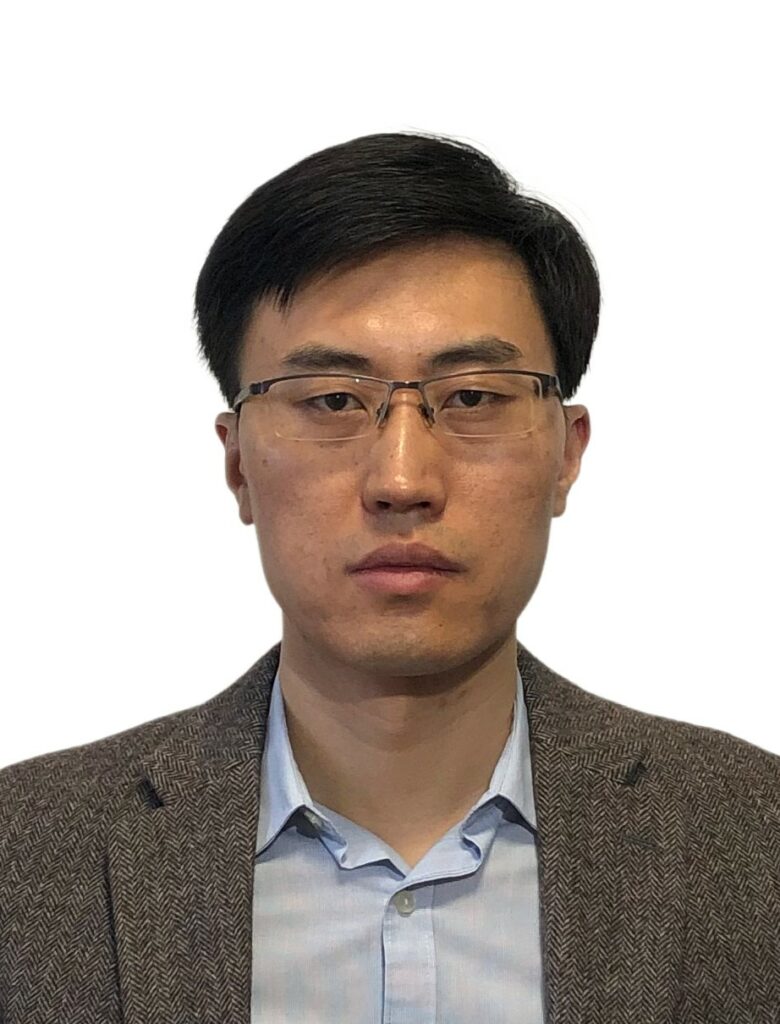AH: China (and India) have also proposed a nuclear weapons convention, a treaty including the nuclear armed (and other) countries to prohibit and eliminate nuclear weapons under international control. Are there ways in which China (possibly in cooperation with India) could advance this proposal? Is it a coincidence that the two nuclear armed countries with NFU policies are also the two most supportive of a nuclear weapons convention – or is there a connection between these?
TZ: People have argued that sometimes rhetorical support is just rhetorical support. I don’t recall China or India publicly supported nuclear weapons convention in recent years that would prohibit the development, the manufacturing, the deployment and the use of nuclear weapons categorically. Many years ago, maybe China and India publicly supported such a convention. But I don’t think that’s still Chinese official policy. There might have been a change of policy throughout the decades. At the very beginning, it was China’s official policy according to the Chinese government’s public statement and to Chinese premier Zhou Enlai. After China tested its first nuclear weapon, China openly declared the role of Chinese nuclear weapons is to accelerate and promote international nuclear disarmament. From the Chinese perspective, before China acquired nuclear weapons, most of the nuclear weapons were possessed by the imperialist countries which had no intention to conduct nuclear disarmament. But after China acquired nuclear weapons, China would put pressure on those imperialist countries so they would have to disarm all together. So Chinese nuclear weapons serve the goal to promote international disarmament and to achieve global disarmament as quickly as possible. That was the original government declared purpose of Chinese nuclear program. But after decades of nuclear investment and modernization, I don’t think any Chinese foreign policy strategists still believe that the role of Chinese nuclear weapons is to promote international disarmament. To the contrary, most experts today openly argue that China should continue modernizing and developing nuclear weapons. Some people even argue that China should have a much larger number of nuclear weapons. Clearly the emphasis is how to better enhance Chinese nuclear capability. I don’t think there is any serious discussion about China giving up nuclear weapons or using nuclear weapons to put pressure on US and Russia to conduct nuclear disarmament all together. China rejected publicly and repeatedly the proposal to conduct trilateral arms control negotiations among US, Russia, and China. As you said, there is already an international nuclear weapons convention, the TPNW, that was negotiated at UN in 2017. There is this treaty that prohibits everything about nuclear weapons. China and India are both opposed to this treaty. So, I think we have to understand the history of it and there has been some change of policy. I don’t think it’s realistic anymore today to talk about China promoting such a convention because clearly China doesn’t support this treaty or any similar convention.
AH: Many young people today, they don’t care much about nuclear weapons issues although nuclear weapons may have very detrimental impacts. The engagement of the younger generation is quite important. As a scholar based in university, do you keep in close contact with Chinese university students/interns?
TZ: I very much agree with you that we should cultivate the next generation and engage with the young people on the issues of nuclear weapons policy, arms control, and disarmament. Especially in China, nuclear security is viewed as a sensitive area of research. So, many students avoid conducting research in this area. Therefore, the number of young scholars and researchers who are specialized in this field is relatively small. And that’s not in China’s interest nor in the interest of the international community to promote arms control and disarmament. Sometimes I’m invited to give lectures and meet with students who conduct research projects on nuclear topics. I try my best to make myself available. Oftentimes I really enjoy sharing my personal academic and analytical perspective. For me this process of engaging with young people is very inspiring and I feel encouraged by their curiosity, their willingness to make a better world, and their genuine efforts to make positive contribution to international peace and stability. I cannot overstate the importance of these efforts. Hopefully, Chinese young experts, and foreign young experts as well, could become more interested in this field. We need young blood and talents to join this endeavor.
